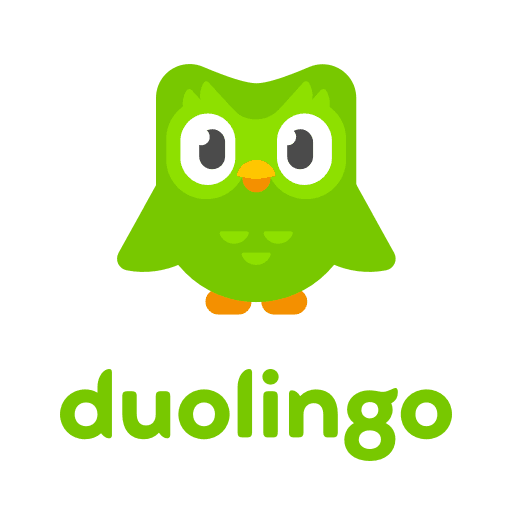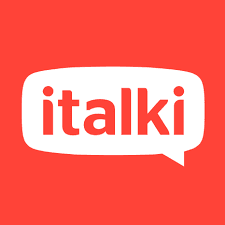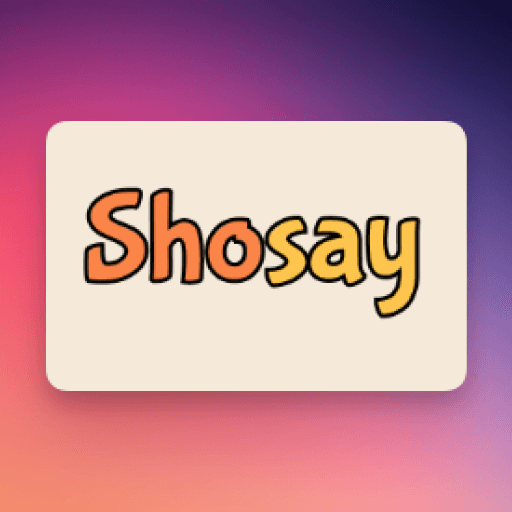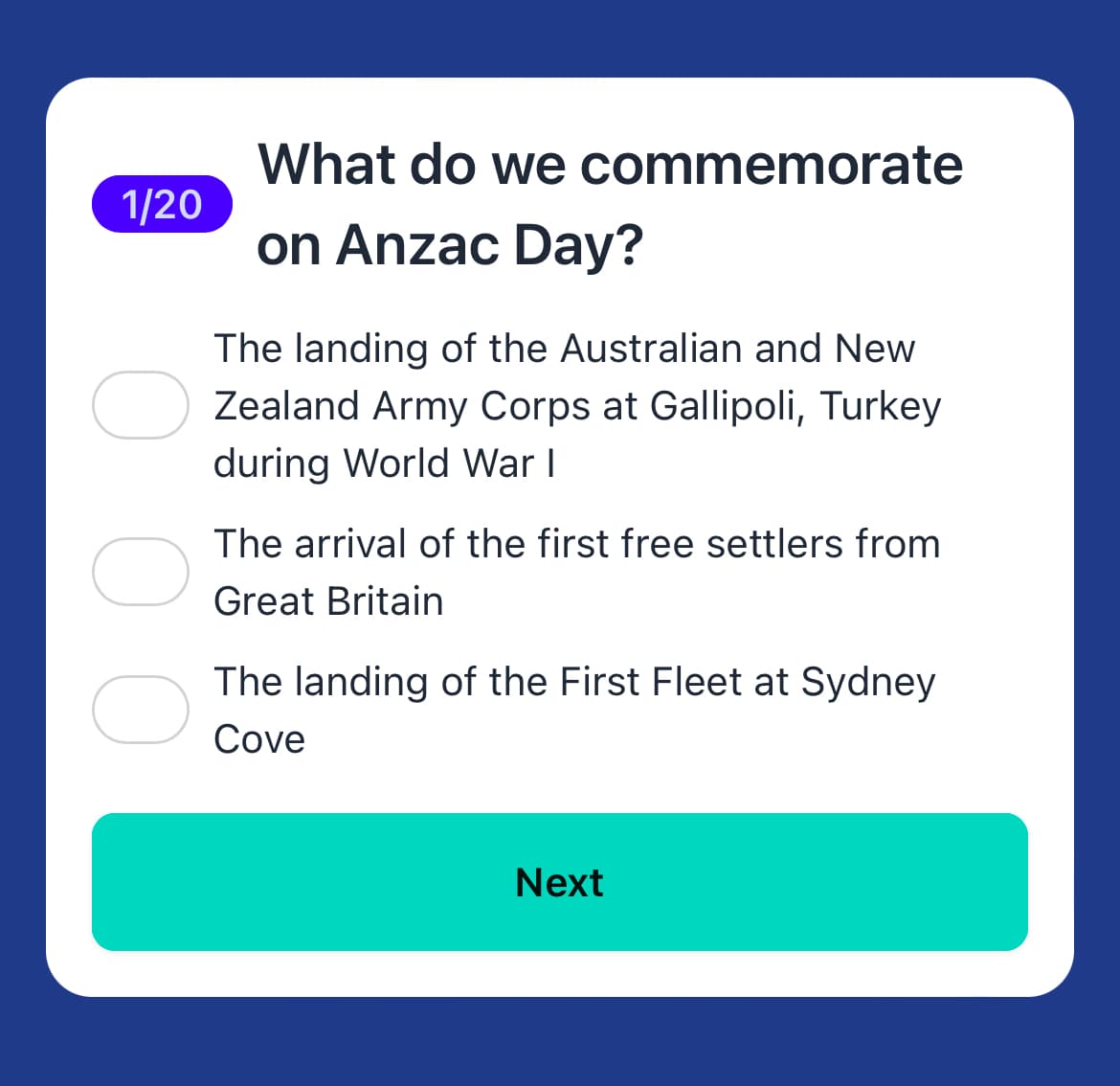Drops vs. OpenCulture
Drops
Drops is a language learning app that focuses on teaching vocabulary through quick, visual-based games. The idea is to make learning feel more like playing, with short sessions you can fit into your day. Instead of grammar-heavy lessons, it leans on matching words with pictures, swiping, and tapping to help words stick in your memory. The app covers over 40 languages, from common ones like Spanish and French to less common ones like Hawaiian and Ainu. You get common, everyday words and phrases to start with—things you’d actually use in conversation. It’s built for people who want to learn at their own pace, and there are features like reminders and streaks to keep you coming back. Drops keeps lessons short—usually five minutes—so it’s easy to squeeze in some learning while waiting for coffee or riding the train. There’s a free version with ads and limits on daily use, or you can pay for Premium to get rid of ads, unlock all content, and use it offline. Overall, it’s not going to tea...
OpenCulture
OpenCulture is a Slack app that enables anonymous Q&A sessions within organizations, fostering open communication and psychological safety. It allows team members to ask questions without fear of judgment while providing moderators the tools to maintain productive discussions. Key Features - Anonymous Question Submission: Users can easily submit questions using the /ask_ama command, with complete anonymity guaranteed - even from moderators - AI-Powered Moderation: Automatic content filtering to screen out inappropriate content and maintain professional discussions - Human Moderation Queue: Designated moderators can review and approve questions before they're posted publicly - Similar Question Detection: AI identifies duplicate questions to prevent redundancy and save leadership time answering repeated queries
Reviews
Reviewed on 2/25/2025
Drops is a language learning app similar to Duolingo, except it has many of the languages that Duolingo doesn't support, such as Thai. It mostly focuses on teaching you new words, with a catalogue of 2,000+ words divided into categories. It comes with exercises to help you improve your reading, listening, and writing skills. It's a bit light on grammar but is a good place to pick up some basic words and learn to make simple sentences.
Reviews
| Item | Votes | Upvote |
|---|---|---|
| No pros yet, would you like to add one? | ||
| Item | Votes | Upvote |
|---|---|---|
| Not as good as Duolingo | 1 | |
| Repetitive | 1 |
| Item | Votes | Upvote |
|---|---|---|
| No pros yet, would you like to add one? | ||
| Item | Votes | Upvote |
|---|---|---|
| No cons yet, would you like to add one? | ||
Frequently Asked Questions
Drops is specifically designed for language learning, focusing on vocabulary acquisition through visual games and short sessions. It covers over 40 languages and is ideal for building basic vocabulary. In contrast, OpenCulture is a Slack app aimed at enhancing communication within organizations through anonymous Q&A sessions. Therefore, if your goal is to learn a language, Drops is the better choice, while OpenCulture serves a different purpose related to workplace communication.
Yes, Drops offers a wide range of over 40 languages, including both common and less common options. OpenCulture, on the other hand, does not focus on language learning but rather on facilitating anonymous communication within organizations. Therefore, if you are looking for diverse language options, Drops is the clear winner.
The effectiveness of Drops versus OpenCulture depends on your needs. Drops uses a fun, game-like approach to teach vocabulary, which can be effective for casual learners looking to build their language skills. OpenCulture, however, is designed to improve team communication and engagement in a workplace setting. If your goal is language acquisition, Drops is more effective; if you seek to enhance workplace communication, OpenCulture is the better option.
Drops is a language learning app that focuses on teaching vocabulary through quick, visual-based games. It covers over 40 languages and emphasizes learning common, everyday words and phrases through engaging activities like matching words with pictures, swiping, and tapping. The app is designed for short, five-minute sessions, making it easy to fit into your daily routine.
Pros of Drops include its engaging, game-like approach to learning vocabulary and its coverage of over 40 languages, including some less common ones. However, some cons noted by users are that it is not as comprehensive as Duolingo and can feel repetitive over time.
Drops is similar to Duolingo in that both are language learning apps, but Drops focuses more on vocabulary acquisition rather than grammar. While Duolingo offers a more comprehensive language learning experience, including grammar lessons, Drops is better suited for users looking to quickly build their vocabulary in a fun and engaging way.
Drops offers features such as short lesson sessions, reminders, and streaks to encourage daily practice. The app has a free version with ads and limitations on daily use, while a Premium subscription removes ads, unlocks all content, and allows offline access.
With Drops, you can learn a variety of common, everyday words and phrases that are useful in conversation. The app has a catalogue of over 2,000 words divided into categories, making it easier to focus on specific topics or themes.
OpenCulture is a Slack app designed to facilitate anonymous Q&A sessions within organizations. It promotes open communication and psychological safety by allowing team members to ask questions without fear of judgment. The app includes features such as anonymous question submission, AI-powered moderation, and the ability to run team-wide AMAs.
OpenCulture offers several key features including anonymous question submission via the /ask_ama command, AI-powered moderation for content filtering, a human moderation queue for reviewing questions, similar question detection to avoid redundancy, the ability to run team-wise AMAs with configurable moderators, and a privacy-first design that ensures security and anonymity.
The benefits of using OpenCulture include increased employee engagement, better retention by giving employees a voice, enhanced team communication through psychological safety, actionable insights for leadership to understand organizational challenges, and time efficiency by preventing repetitive questions.
OpenCulture ensures anonymity by allowing users to submit questions without revealing their identities, even to moderators. This design fosters an environment where employees can express their thoughts and concerns freely.
AI plays a significant role in OpenCulture by providing moderation features such as automatic content filtering to screen out inappropriate content and similar question detection to identify and prevent duplicate questions. This helps maintain productive discussions and saves leadership time.




















